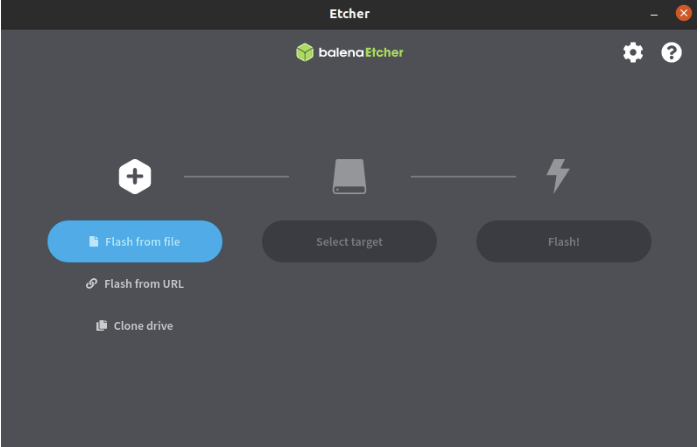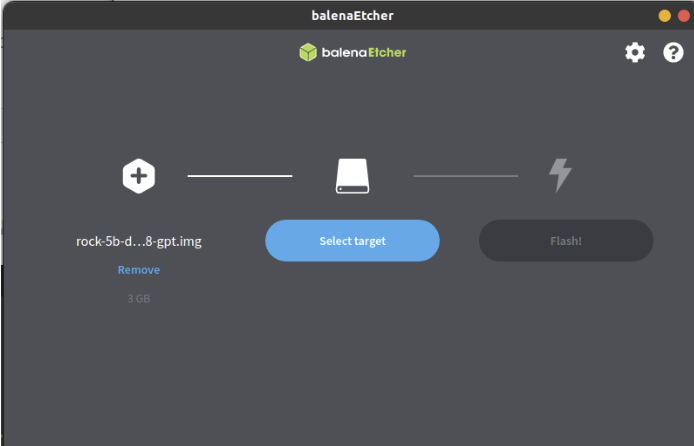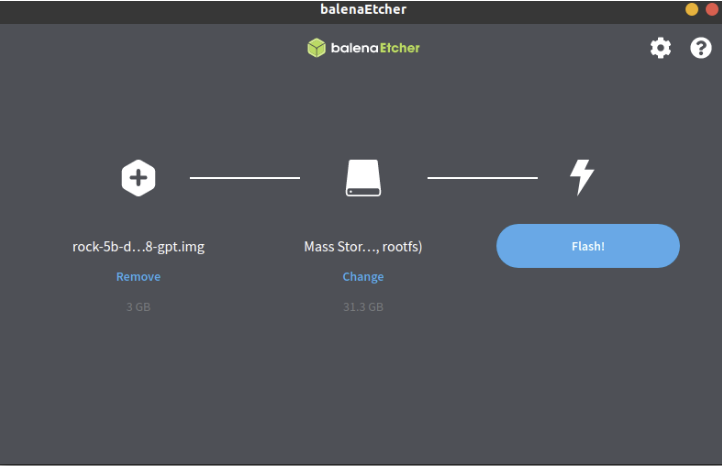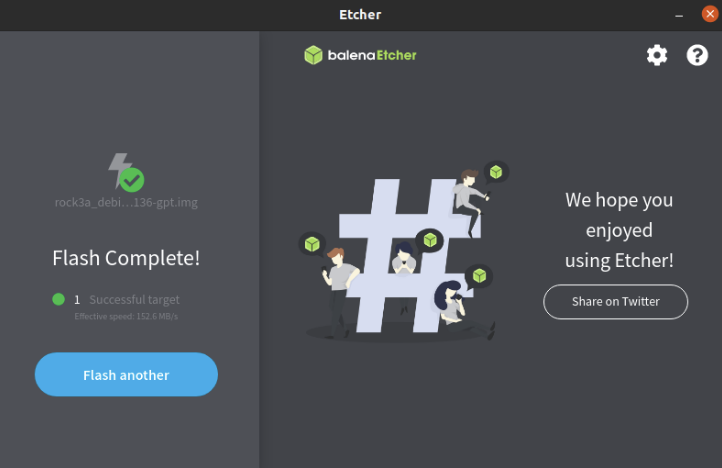Difference between revisions of "Rock5/install/nvme"
m (→Option 1: with NVME to USB3.0 reader) |
m |
||
| (One intermediate revision by the same user not shown) | |||
| Line 77: | Line 77: | ||
#such as: sudo xzcat rock-5b-debian-bullseye-xfce4-arm64-20220906-0626-gpt.img.xz | dd of=/dev/nvme0n1 bs=1M status=progress | #such as: sudo xzcat rock-5b-debian-bullseye-xfce4-arm64-20220906-0626-gpt.img.xz | dd of=/dev/nvme0n1 bs=1M status=progress | ||
| − | == Option 3: Erase M.2 | + | == Option 3: Erase M.2 NVMe SSD == |
| + | |||
| + | When M.2 NVMe SSD is written with Android (or Linux) images before, now we change to Linux (or Android). It's recommended that you erase M.2 NVMe SSD first. Then write the target images. | ||
| + | |||
| − | |||
= Boot from NVMe SSD = | = Boot from NVMe SSD = | ||
After you write the image to NVMe SSD, to boot from the NVMe SSD, you need to write the bootloader to SPI flash. Check [[Rock5/install/spi | Install to SPI]] to boot from NVMe SSD. | After you write the image to NVMe SSD, to boot from the NVMe SSD, you need to write the bootloader to SPI flash. Check [[Rock5/install/spi | Install to SPI]] to boot from NVMe SSD. | ||
Latest revision as of 20:36, 1 February 2023
ROCK 5 > Installation > Install the image to M.2 NVME SSD
Install the image to M.2 NVME SSD
This guide describes how to write images to M.2 NVME SSD.
Option 1: with NVME to USB3.0 reader or PC with NVME slot
Step one: Requirements
This page describes how to download and install the image on a M.2 NVME SSD and boot on ROCK 5B. You need at least the following.
- ROCK 5B board with power supply
- One M.2 NVME SSD
- NVME to USB3.0 reader or a PC with NVME slot
Step two: Download necessary tools and image
- Etcher is the tool we use to write image. Download the right Etcher for your PC from ROCK 5 Downloads page and install it. Check Etcher website for more info about Etcher.
- Choose the image you want to install from ROCK 5 Downloads page.
Here we use the following image for writing.
rock-5b-debian-bullseye-xfce4-arm64-20220906-0626-gpt.img.xz
Step three: Write the image to M.2 NVME SSD
- Insert the M.2 NVME SSD into M.2 NVME SSD to USB3.0 reader, which connects to host computer.
- Run the application. For example double click balenaEtcher-1.5.116-x64.AppImage on Ubuntu 20.04:
- In the etcher window, we click button Select image.
- In the etcher window, we click button Select Drive.
- In the etcher window, we click button Flash.
- In the etcher window, it shows us Flash Complete!
Done! Now you have successfully installed the OS image on M.2 NVME SSD.
Option 2: Write to NVMe SSD on ROCK 5B
- Install Debian Linux image to SD card or eMMC module
- Boot from SD card or eMMC module on ROCK 5B with NVMe SSD attached
- Download the ROCK 5B image when running Debian on ROCK 5B
- Check if NVMe SSD is detected
on ROCK 5B:
sudo fdisk -l
You can see the output message just like this:
Disk /dev/nvme0n1: 232.9 GiB, 250059350016 bytes, 488397168 sectors #The '/dev/nvme0n1' is your NVME SSD device path Units: sectors of 1 * 512 = 512 bytes Sector size (logical/physical): 512 bytes / 512 bytes I/O size (minimum/optimal): 512 bytes / 512 bytes
Write Image:
on ROCK 5B:
sudo sudo xzcat 'your compressed image path' | dd of='your NVME SSD device path' bs=1M status=progress #such as: sudo xzcat rock-5b-debian-bullseye-xfce4-arm64-20220906-0626-gpt.img.xz | dd of=/dev/nvme0n1 bs=1M status=progress
Option 3: Erase M.2 NVMe SSD
When M.2 NVMe SSD is written with Android (or Linux) images before, now we change to Linux (or Android). It's recommended that you erase M.2 NVMe SSD first. Then write the target images.
Boot from NVMe SSD
After you write the image to NVMe SSD, to boot from the NVMe SSD, you need to write the bootloader to SPI flash. Check Install to SPI to boot from NVMe SSD.




